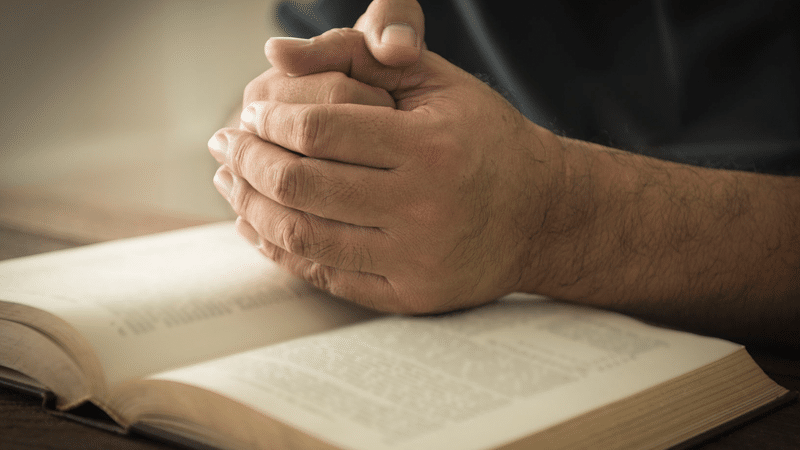Religious liberty must be preserved

Religious liberty is one of our most important freedoms. When it is threatened, so is gospel freedom. As a result, the good news of Jesus Christ becomes harder to proclaim and it becomes increasingly difficult for Christians to live out godly lives that witness to the Gospel.
As Christians, we are to pray for the governing authorities “that we may live peaceful and quiet lives in all godliness and holiness” because “this is good, and pleases God our Saviour, who wants all men to be saved and to come to a knowledge of the truth” (1 Timothy 2:1-4).
In other words, we are to pray for the freedom to live out the Christian life and to proclaim the Gospel.
Salt and light
Christians are described as ‘salt and light’ in the world by Jesus (Matthew 5:13-16). We are to be distinct from the rest of the world, and Jesus warns us not to lose this distinctive ‘saltiness’, otherwise we fail to have any impact upon the world around us. We are also told not to be ashamed of our faith, but rather to put it on display for all to see, allowing God’s light to shine through us.
Any laws or policies that limit our liberty to do these things, should therefore be of great concern to us.Let your light shine before men, that they may see your good deeds and praise your Father in heaven. (Matthew 5:16)
Defending religious liberty
For thirty years The Christian Institute has stood against laws that restrict religious freedom. These have included placing limits on religious broadcasting and seeking to impose unwarranted secular restrictions on churches – such as being forced to employ unbelieving staff. Part of this stems from the growing chasm between Christian values and the values of those in public life.
Today the threat comes from proposals for a broad ban on conversion therapy. Activists are lobbying Government to restrict preaching, prayer and pastoral care: the ordinary, everyday work of churches.
There has also been a deliberate twisting of what ‘religious liberty’ actually means. Some people say that everyone is free to believe whatever they like, so long as it does not hurt, harm or offend anyone else. But true religious liberty – the kind protected in this country by law – is not only the freedom to believe certain things in our head, but the freedom to act according to those beliefs.
It includes the liberty to gather with like-minded people, to form associations with those who share our faith, to tell other people about our faith, and to speak out against what we believe to be wrong (1 Peter 3:15).
The treatment of Stirling Free Church and Kenneth Ferguson remind us that this freedom to act on our beliefs is under attack. There are those who wish to silence Christians. We must firmly defend this freedom to speak out and manifest our beliefs.
